In an illustration of the value of diversity, four out of five of the recipients presented with O’Reilly Open Source Awards at this year’s OSCON were women.
The Video Screening Room
At O’Reilly’s OSCON conference earlier this month in Austin, Texa, open source developers and evangelists who have earned the respect of their peers worldwide were honored. In case you run into these folks at upcoming conferences, this short video will help you recognize these open source luminaries.
For the past 10 years, Phil has been working at a public library in the Washington D.C.-area, helping youth and adults use the 28 public Linux stations the library offers seven days a week. He also writes for MAKE magazine, Opensource.com and TechSoup Libraries. Suggest videos by contacting Phil on Twitter or at pshapiro@his.com.

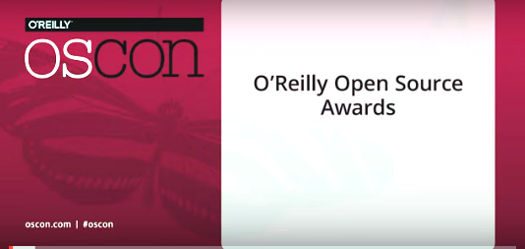


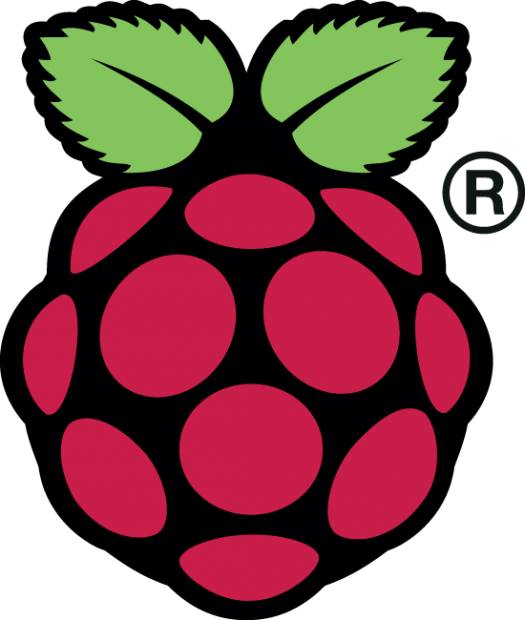
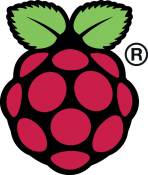 I’m not going to argue that the Raspberry Pi should always be the device of choice for every situation. Sometimes it just doesn’t cut it and using it in a given situation will cause more work than necessary. Whenever I am asked the above question, I usually get the details of what the person is intending to do, and then talk about the pros and cons of the Raspberry Pi for that use. One of the things I always remind the person is that no matter how good Device X might be, you need to consider the community behind the device. In my opinion, a constantly growing supportive community is what the Pi offers over all other devices.
I’m not going to argue that the Raspberry Pi should always be the device of choice for every situation. Sometimes it just doesn’t cut it and using it in a given situation will cause more work than necessary. Whenever I am asked the above question, I usually get the details of what the person is intending to do, and then talk about the pros and cons of the Raspberry Pi for that use. One of the things I always remind the person is that no matter how good Device X might be, you need to consider the community behind the device. In my opinion, a constantly growing supportive community is what the Pi offers over all other devices.

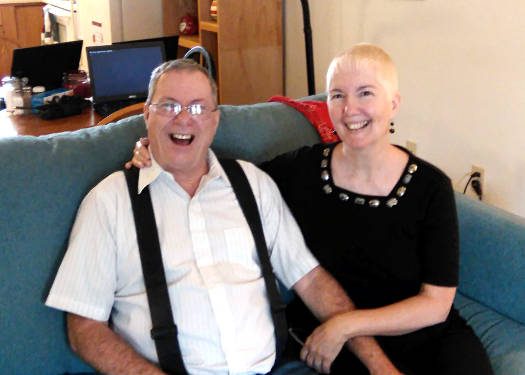

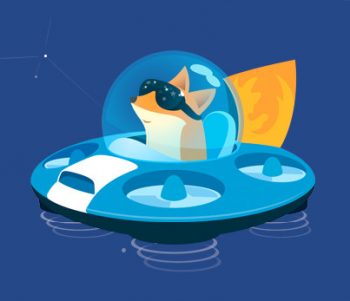 “When building features for hundreds of millions of Firefox users worldwide, it’s important to get them right,” he wrote. “To help figure out which features should ship and how they should work, we created the new Test Pilot program.”
“When building features for hundreds of millions of Firefox users worldwide, it’s important to get them right,” he wrote. “To help figure out which features should ship and how they should work, we created the new Test Pilot program.”


 This isn’t the first time they’ve done this. Last year they handed out $125,000 to five projects — meaning that this year they’ve nearly doubled down on their bet. Last year’s donations included money going to the Electronic Frontier Foundations Privacy Badger — a browser add-on that stops advertisers and other trackers from following users — and Girl Develop It for its Open Source Mentorship program.
This isn’t the first time they’ve done this. Last year they handed out $125,000 to five projects — meaning that this year they’ve nearly doubled down on their bet. Last year’s donations included money going to the Electronic Frontier Foundations Privacy Badger — a browser add-on that stops advertisers and other trackers from following users — and Girl Develop It for its Open Source Mentorship program.